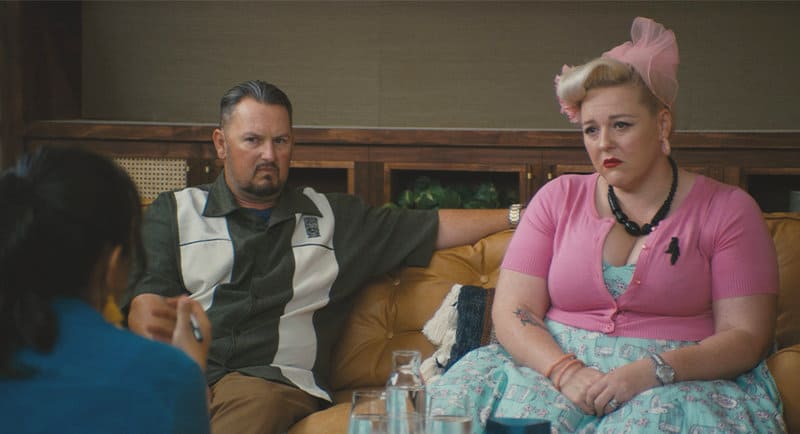Paramount+ is pulling back the curtain on other people’s relationships and taking a deep dive into the world of relationship counselling with the new show, Couples Therapy Australia, streaming from Tuesday, 26 July.
Audiences will watch weekly therapy sessions with three different couples, going along on the journey with participants as they open up about things they may not even usually admit to themselves.
Mediaweek spoke to Sarah Thornton, EP of Couples Therapy Australia and Network 10’s head of popular factual about what made the show so “incredibly different to the way you would ordinarily make a documentary.”
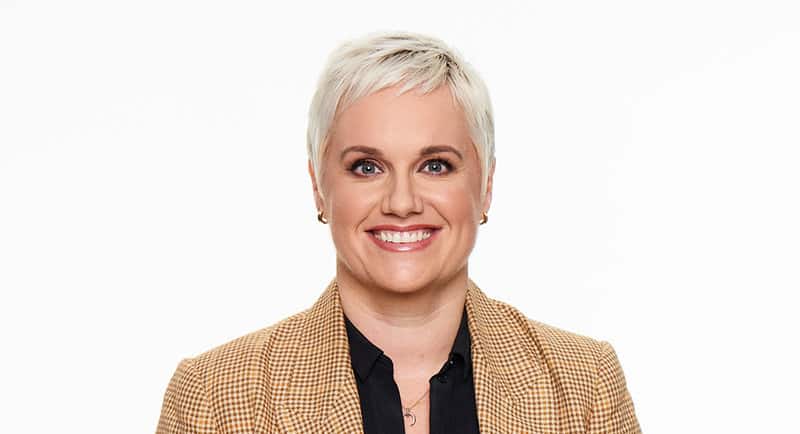
Sarah Thornton
The original US version of the show first aired on Showtime in 2019, and Thornton says it made perfect sense to bring the format into the Paramount+ catalogue.
“We have a strong interest in prestige reality, and we look for series that we think really fit that bill. Couples Therapy feels pretty unique, and it’s content that I don’t think you can get everywhere.
“When I first watched it, it felt incredibly groundbreaking. The end product feels high end, very unique, and the storytelling is quite different as well. It’s a really interesting watch.”
Thornton says that the “most important piece of the puzzle” was finding their therapist. After an extensive casting process, the team decided that clinical psychotherapist Marryam Chehelnabi was the right fit.
Chehelnabi has experience working with people seeking help with complex trauma, PTSD, domestic violence, personality disorders, and addictions. She also has a particular interest in couples with complex presentations.
“We wanted someone highly qualified, well respected within the profession, but also a specialist in couples therapy,” says Thornton. “We had Jenni Wilks working on casting, who specialises in psych content, and has worked on shows like Love On The Spectrum. She really drove that casting process for us.
“Marryam really stood out to us because she’s so warm, so expressive, and so led by the process. She cares so deeply about the results and the process for the couple.”
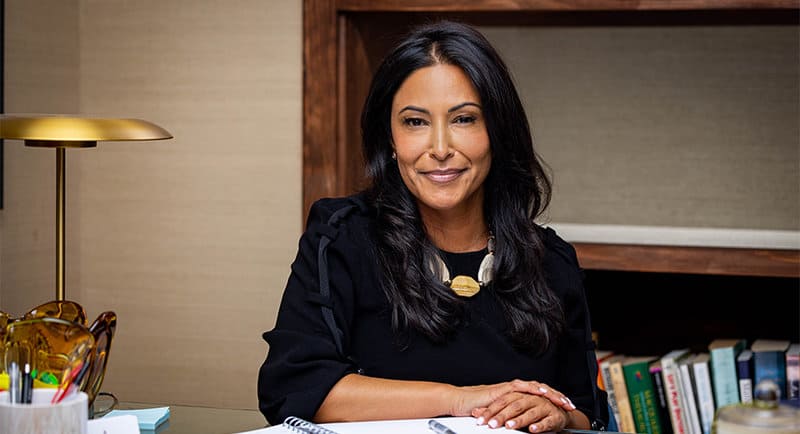
Marryam Chehelnabi
The other half of the equation was finding couples willing to be that vulnerable on national television, which Thornton says turned out to be “a really complex process” that required “a huge amount of duty of care.”
“Warner Brothers – led by Tony De La Pena, Penny McWhirter, and Johnny Lowry – and Jenni Wilks put together a really, really careful process to help look for participants. We followed the usual routes, but were incredibly cautious and people were screened to a very high level before anyone ended up on the show.
“I’m not going to say it was easy to find people who wanted to take part, but I will say that I think all of the couples who appear in the series really devoted themselves to it and bared their souls. It feels like such a privilege as a program maker – and also as a viewer – to be invited into that.”
Turning the audience into a fly on the wall is no mean feat, but observational TV isn’t a new concept for Thornton, who also works on 10’s The Dog House Australia. For Couples Therapy Australia, the first step was to make sure that the participating couples were comfortable in the space, and didn’t have to think about being filmed.
“The production crew have no contact with Marryam and the couples throughout the sessions. Marryam’s office is rebuilt in a way that we can shoot through camera hides, so the couples are never visibly conscious of being shot.”
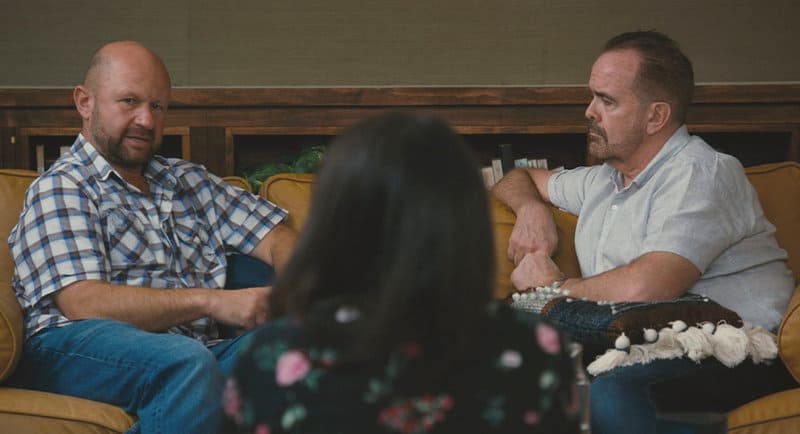
Brendon and Scott
Participants don’t walk into a studio complex only to enter a recreated office, either. The team made sure that the experience would be as close to visiting a traditional therapist’s office as possible.
“There’s a waiting room, there’s a corridor with Marryam’s plaque on the wall, there are plaques for other businesses as you walk down that corridor. The entire process for the couples and Marryam herself is incredibly authentic.
“The production process is really removed from what’s happening and what ends up on camera, which I think is what makes it feel so different.”
The very concept of the show is, by definition, showing the audience the most intimate details of total strangers’ relationships. Whilst a format like this could very easily feel exploitative if done wrong, Thornton and the team were very conscious of making sure that wasn’t the case.
“I have a word that I bandy about and annoy people with, and that’s dignity. Anyone who participates in a show where they’re revealing an intimate moment in their life – from shows like Ambulance where people are often at their most vulnerable, through to a show like Couples Therapy, and even on The Project – we always talk about this idea of dignity. Everyone’s story should be told as though it has great value, and that’s part of what we tried to do.
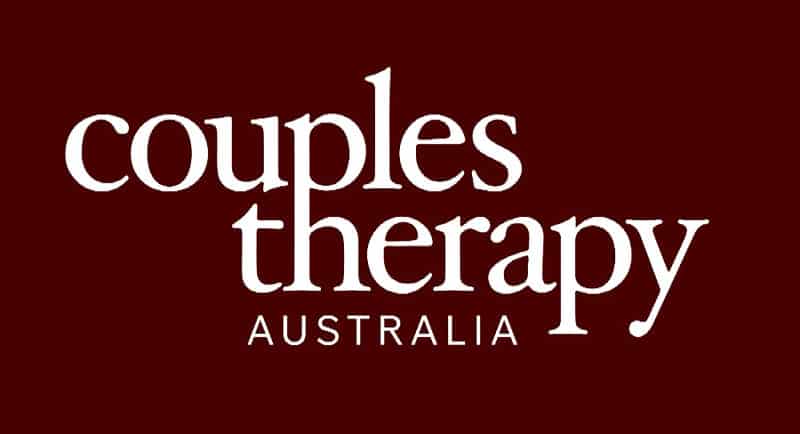
“It’s ok to be a voyeur, but there is a line that you can cross for the viewer where it becomes uncomfortable. We were very, very careful about not crossing that line.”
For Thornton, sending Couples Therapy Australia out into the world is a point of pride, both for elevating factual storytelling and for bringing prestige production techniques to a topic that might not necessarily be a network’s first thought to cover.
“This blurring of the lines between the way we make drama and the way we visually represent real life is really exciting for me on a professional level. On a personal level, this has been a really tough few years, and I think that relationships have never been harder to maintain. Therapy is really brilliant, I came out of this thinking, ‘Oh my God, every couple should have the opportunity to access something like this’.”
Finally, by tackling the stigma of therapy head on, Thornton says that she really hopes Couples Therapy Australia does some good for the people who watch it.
“I definitely think I’m a better partner for having watched it and learned some of the things that I learned from Marryam along the way.
“It potentially will change people’s views of therapy. It doesn’t have to be behind closed doors, they can actually see what the process is like, and maybe it’ll break down some barriers for people who might have been otherwise hesitant about it.”
